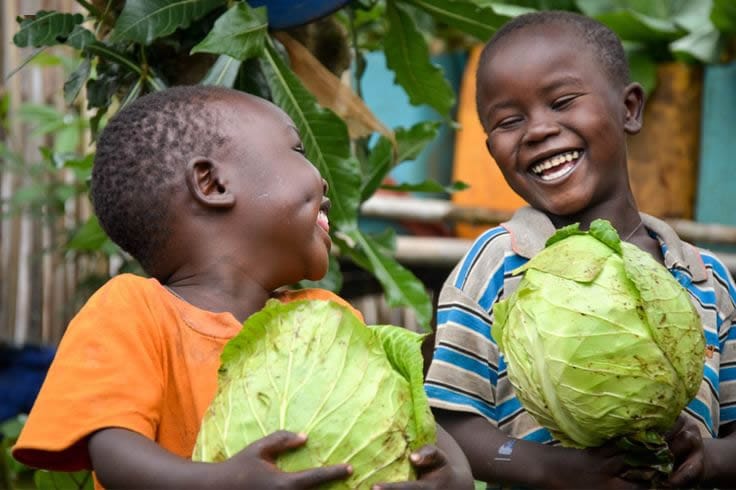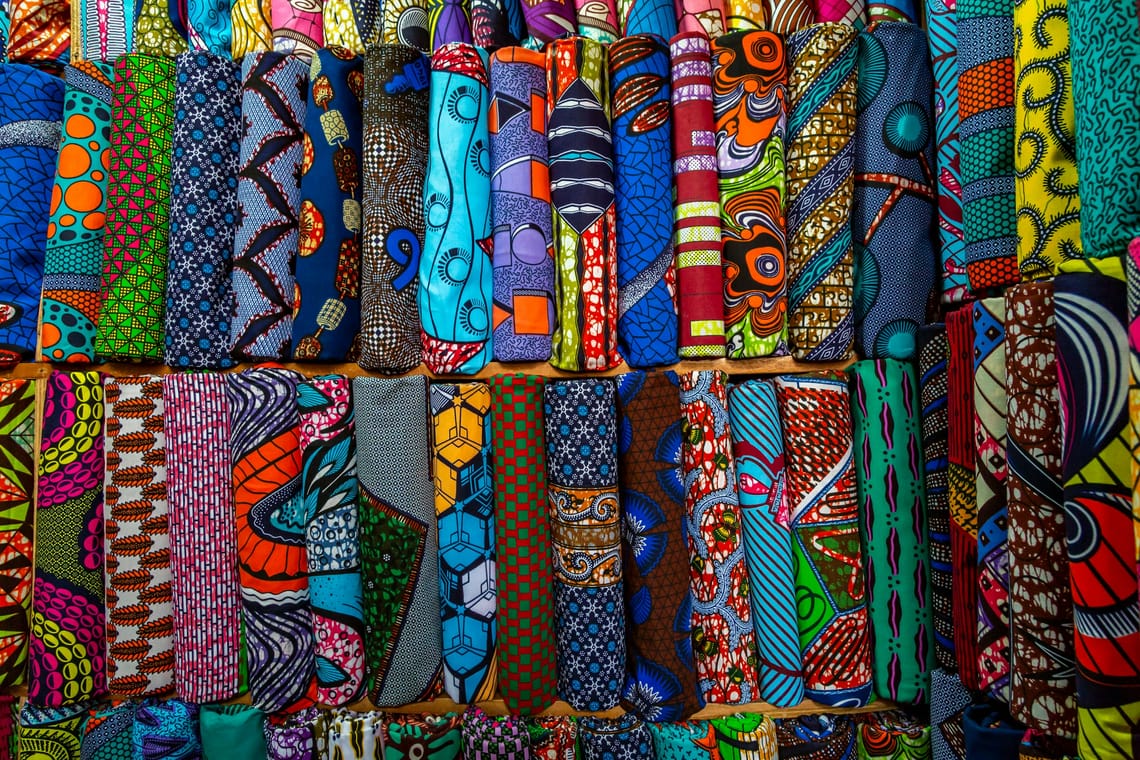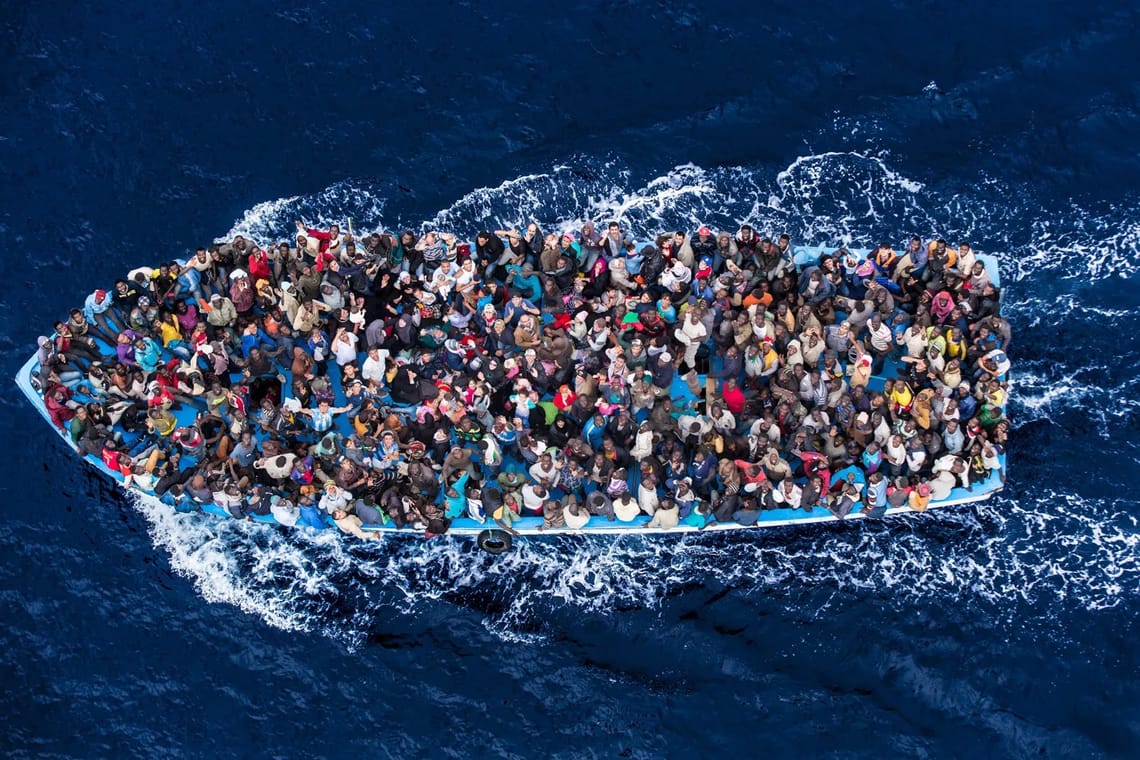“A deep will to survive. As Africans, we created spaces, languages, idioms, philosophies, practices and institutions to care for a human being. Re re Motho ke motho ka batho” - Mongale Wally Serote
Motho ke motho ka batho is ubuntu philosophy in Sotho/Tswana. In Zulu/Xhosa it is Umuntu ngumuntu ngabantu. Shona people say Munhu munhu nevanhu and Xitsonga people say Munhu i munhu hivanwani vanhu (Xitsonga). So, while ubuntu is describes in English a set of closely related African-origin value systems that emphasize the interconnectedness of individuals with their surrounding societal and physical worlds, it is difficult to translate. Even the words … a person is a person through other people, or I am because we are (also "I am because you are"), is evident that the meaning of an idiom can't really be separated from its usage, and that usage exists in some cultural context.
Ubuntu is embedded into Bantu culture, in the greetings they say… Sawubona, We see you.
Sawubona carries the importance of recognizing the worth and dignity of each person. It says, “I see the whole of you—your experiences, your passions, your pain, your strengths and weaknesses, and your future. You are valuable to me. It is also infused with the belief that when others “see” me, then I exist.
To be human is to be seen. “A person must never be alone. You can’t be alone. You must be in the company of another human beings“. - Mongale Wally Serote
I, personally have so many memories where ubuntu was demanded from me and memories when I received the manifestation of ubuntu. But I would like to share the following memory, remember in the times of no house phones and cellphones, whereby a relative from emakhaya/magaeng would traveled from far to visit a family relative who he/she have not spoken to, or seen, without alert them of his coming but he/she will be sure there are at home... "ke sure bateng ko ntlung". But one thing for sure, and because of Ubuntu this Malume or Rakgadi won't sleep hungry or on the street that night and he/she will be safe. The neighbors and the community will host and house the guest. For that was the manifestation of Ubuntu then.
What is your memory event where you experience Ubuntu or seen Ubuntu in practice? Share with us?




